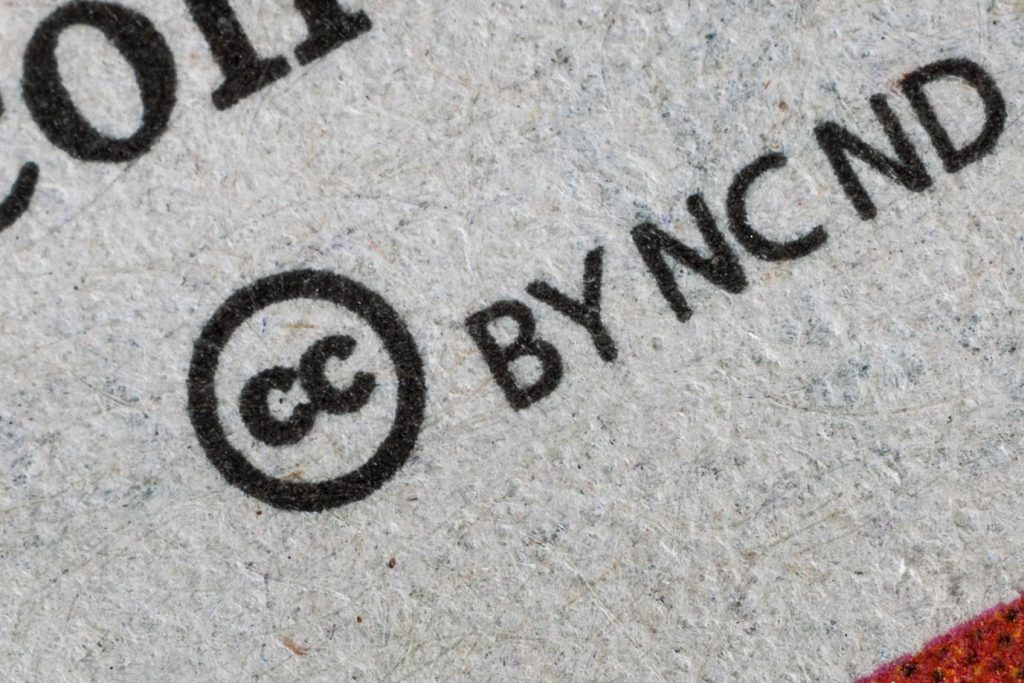5 Tips for Protecting Your Digital Intellectual Property
Wondering how you can protect your digital intellectual property? We explore five tips to do that, here…
Quick Links
With the advent of digital technologies, intellectual property has emerged as one of the
easiest assets to hold. However, with these latest developments also comes challenges.
With the availability of everything online these days, intellectual property issues are rife. So, getting the right strategy in place to take care of them is essential. In this article, we discuss five tips for protecting your digital intellectual property to help you get it right.
What is Intellectual Property?
Intellectual Property (IP) is an umbrella term used to describe a set of legal rights an individual or business have over their creations. These creations can include things such as ideas, designs, logos, and branding. They can be protected by different types of IP such as trademarks, design, copyright, and patents.
Digital Intellectual property are essentially assets in digital format. This can include software, websites, data, photos, and copyright publications. These assets can be created in a number of ways, for instance on computers, mobile phones or scanners, and can be stored on these devices, network servers or hard drives.
Why is Intellectual Property Important?
IP rights serve to protect your assets from being used by an individual or company who don’t have authorised or credited access. They can also be useful in setting your business apart from competitors.
Trademarking your assets can help differentiate what your services have in the market that other businesses don’t. As well as this, licensing your assets can create a steady source of income through royalties.
Due to your digital assets inherent value, it is important to seek legal advice on how to protect your intellectual property products to ensure they are kept away from unauthorised use. Read on to find out some tips on protecting your digital intellectual property…
5 Tips for Protecting Your Digital Intellectual Property
- Make Sure Your Copyright is Clear

Copyright is a type of intellectual property which provides rights for the creator. These rights stop others from using your creation without permission. They also provide legal protection over the distribution of the product via sales, transfer of ownership, rental, or lease.
In the UK, copyright is free and there isn’t a register. Instead, you receive it automatically when you create original work.
Whilst you don’t need to register for copyright, it is advisable to clearly label your products and services. This is to deter individuals or companies from infringing on your creations and to present your business awareness of copyright to others to prove that you take infringement seriously.
It is also helpful if you’re working overseas as copyright laws can differ between countries. You can make your copyright clear by:
- Stating you own the copyright.
- Including your name and the year it was created on your work.
- Using the international ‘©’ mark (whilst this mark isn’t legally required in the UK it can be helpful when working overseas).
- Register Your Digital Intellectual Property
Whilst you don’t need to apply for some forms of IP like copyright, to receive trademarks, designs, and patent, you need to register. These rights can give you more protection and ensure others don’t copy or use your branding without permission. Here are some more details:
Trademark registration
A trademark exclusively identifies and protects the branding of a product belonging to an individual or company. Branding includes things such as logos, slogans and the business name, which help distinguish their products and services from other sellers.
Trademarks therefore prevent others from copying your branding. You can apply online through the UK Intellectual Property Office.
Trademark registration lasts 10 years and afterwards can be renewed as many times as you like. With a trademark you are then entitled to take actions against individuals and companies who have attempted to copy your brand.
Patents
Patents give the owner of a creation legal rights to prevent competition from others replicating, using, or selling your invention. Patents can last for up to 20 years, however they can be costly and complicated, so it advised to seek legal help.
Design registration
A registered design protects the visual appearance of your products, for instance its shape, texture, and colour. It gives the owner legal rights to stop others from replicating, using or selling your design without permission. However, the design must be new and distinctive to qualify for these legal rights.
- Set Out Terms of Use on Your Website
Whilst you’re not legally obliged to set up terms of use, your website is essentially jam-packed with your digital assets, including product information, branding, and designs. It is therefore a good idea to set out rules on your website instructing visitors what they can and can’t do with your web content.
Your terms of use should include what is acceptable and unacceptable use of your website content, your copyright policy and your exclusive ownership of the content and services on your site. You should make sure your websites terms of use are clear and explicit and easy for the user to find.
Overall, having terms of use on your website can prevent your website from misuse.
- Monitor Your Competitors
Even if you complete all the steps to registering your intellectual property, you still need to keep an eye out for companies or individuals trying to infringe on your work. You can do this by:
- Following trade publications related to the industry your business is in to keep track of all the latest developments.
- Setting up automated notifications on Google Alerts and Twitter mentions which notify you when your company is trending online.
- Following all the latest developments and trends in your industry through using social media, such as LinkedIn and Twitter, and following related content as well as using search engines to track information
- Employing a team to monitor copyright infringements and IP breaches
- Scanning the Companies House register and the UK trademarks register, which can help to see if any other business has registered trademarks similar to your branding.
- Use an NDA to Protect Your Digital Intellectual Property
A non-disclosure agreement (NDA) is a legally binding contract that ensures sensitive information remains confidential. NDAs can be useful when discussing new inventions to third parties, such as businesses or individuals you are collaborating with, and potential investors and contractors.
Signing this confidential agreement means one or both parties have a duty to not share disclosed information without permission. They also must destroy or return the information on your request.
NDAs can therefore act as a preventative measure to discourage employees or collaborators from misusing your sensitive information. Having that contractual framework in place can also make it easier to legally claim against people who do break the terms of your NDA.
Are you Ready to Protect your Digital Intellectual Property?

With the dawn of the digital age, it is now more important than ever to make sure your Intellectual property is protected. Registering trademarks and checking your copyright can ensure your branding, products, and services are protected.
In doing so, you legally entitle yourself to take action if an individual or company has infringed on this. We hope this article has been helpful in taking steps to protect your digital assets.
Please be advised that this article is for general informational purposes only, and should not be used as a substitute for advice from a trained legal professional. Be sure to consult a legal professional if you’re seeking advice regarding intellectual property. We are not liable for risks or issues associated with using or acting upon the information on this site.
Images:
Photo by Scott Graham from Unsplash.
Photo by Umberto from Unsplash.
Photo by Kraken Images from Unsplash.
How to Use AI-Powered SEO Tools for WordPress eCommerce
SEO is a critical factor in the success of any e-commerce WordPress store. As competition…
0 Comments11 Minutes
Why Short-Form Videos Are the Future of Content Marketing
Your Instagram customers spend over 50% of their time watching short-form videos and reels. Rather…
0 Comments12 Minutes
The Role of Digital Marketing in Business Growth
Online marketing touches every aspect of a business, whether it is initiating the idea or for an…
0 Comments3 Minutes
AI Meets Authenticity: Balancing Automation and Human Touch in Content Marketing
Is your brand starting to sound like a robot? In a world where algorithms write faster than any…
0 Comments8 Minutes
Essential Tools for Enhancing Web Design and UX Hosting
Have you ever visited a website that felt slow, clunky, or confusing? A website that is poorly…
0 Comments11 Minutes
How a Mini Cart Transformed My Store’s Shopping Experience
Okay, real talk—running an online store is hard. You think you’ve got everything figured out, you…
0 Comments9 Minutes
Balancing Your Security Initiatives With Industry Compliance Requirements
Managing a business today comes with a number of daily battles that need to be fought. Resources…
0 Comments11 Minutes
Best plugins to enhance the customer shopping experience
Customer experience is a key part of every online store. A good experience helps customers find…
0 Comments7 Minutes








